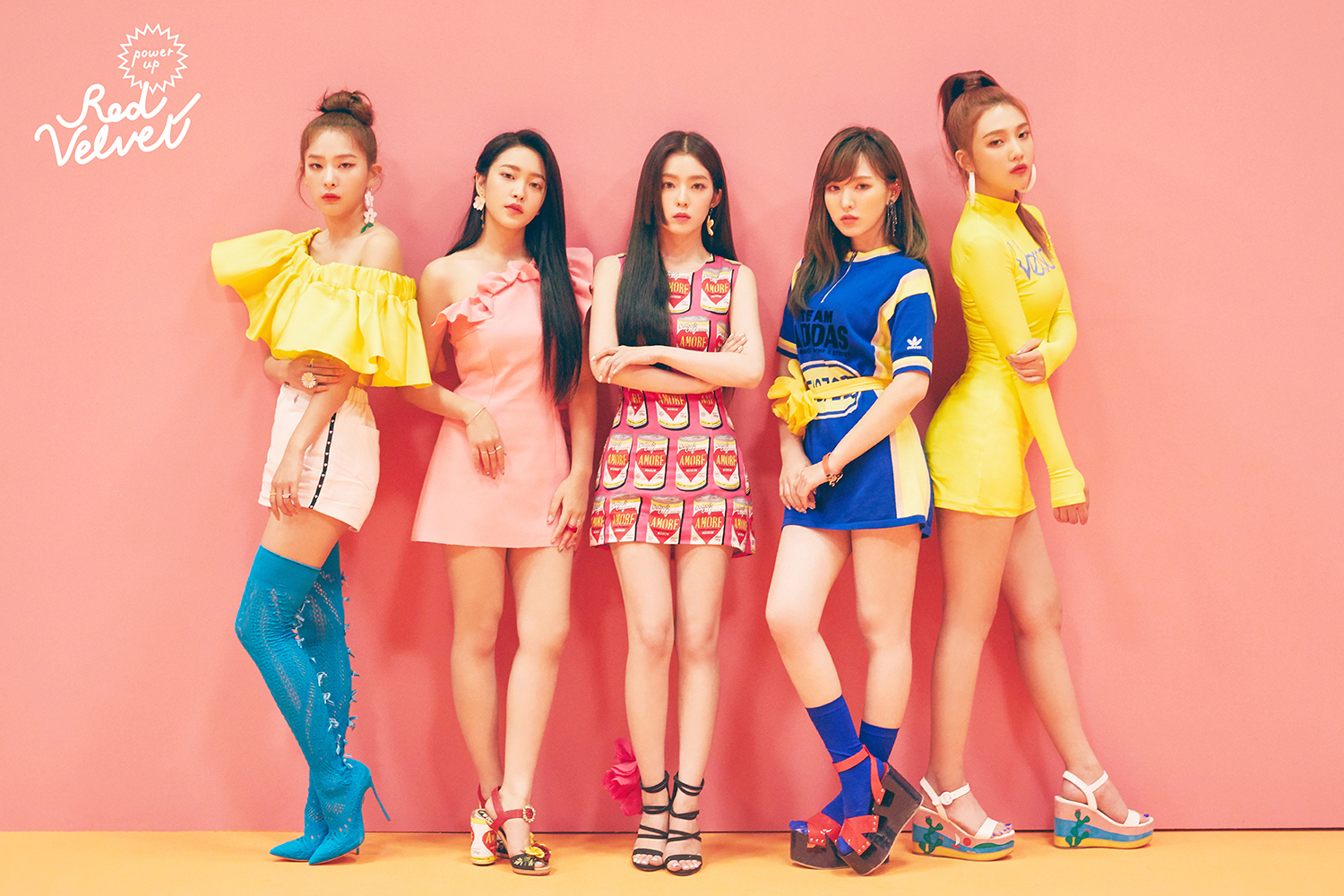NewJeans Pushes for Direct Contracts with Global Brands, Bypassing ADOR – “Exclusive Contract Violation Controversy Intensifies”
■ Efforts to Secure Independent Contracts
It has been confirmed that NewJeans recently sought to bypass their agency, ADOR, by negotiating direct contracts with global luxury brands.
Reports reveal that NewJeans contacted a prominent luxury watch brand, O, through ADOR’s current manager, A.
Additionally, they approached another luxury brand through manager B, who had previously left ADOR.
This marks the first known attempt at independent contract negotiations since the group declared their intent to terminate their exclusive contract.
■ Criticism Over Contradictory Actions
At the time of declaring contract termination, NewJeans had promised to minimize any harm to existing advertisers.
However, their current actions suggest otherwise.
Critics point to the inconsistency of pushing for new contracts through ADOR-affiliated managers while simultaneously insisting on the termination of their agreement with the agency.

■ ADOR’s Response
In response, ADOR immediately suspended manager A, who was involved in the negotiations with brand O.
ADOR also issued formal notices to the relevant brands, informing them that direct contracts with the artists would constitute a violation of the exclusive contract.
This measure is seen as an attempt to block further independent contract attempts.
■ Confusion in the Advertising Industry
The advertising industry has expressed dismay over NewJeans' demand for independent contracts.
Global luxury brands, in particular, are reportedly conducting legal reviews to assess the risks of being embroiled in ADOR’s exclusive contract violation lawsuits.
This development has further amplified uncertainty across the industry.

■ Legal Implications
According to the Ministry of Culture’s standard exclusive contract, all entertainment activities by an artist must go through their agency.
Any attempt by a signed artist to negotiate contracts independently, or through a third party, without the agency's prior approval constitutes a breach of contract.
Moreover, any third party actively involved in facilitating such breaches could face civil liability, further escalating the associated risks.
■ Industry Concerns
Industry insiders have voiced concerns over NewJeans’ hasty actions.
Engaging in risky activities such as launching independent SNS accounts or attempting direct advertisement contracts while lawsuits are ongoing could cause more harm than good.
This situation raises a critical issue within the K-pop industry.
Finding a reasonable balance between an artist’s rights and the contractual authority of their management agency is more necessary than ever.
As contract relationships in the global advertising market become increasingly complex, calls for legal and systemic reforms to address these challenges are growing louder.

.jpg)





